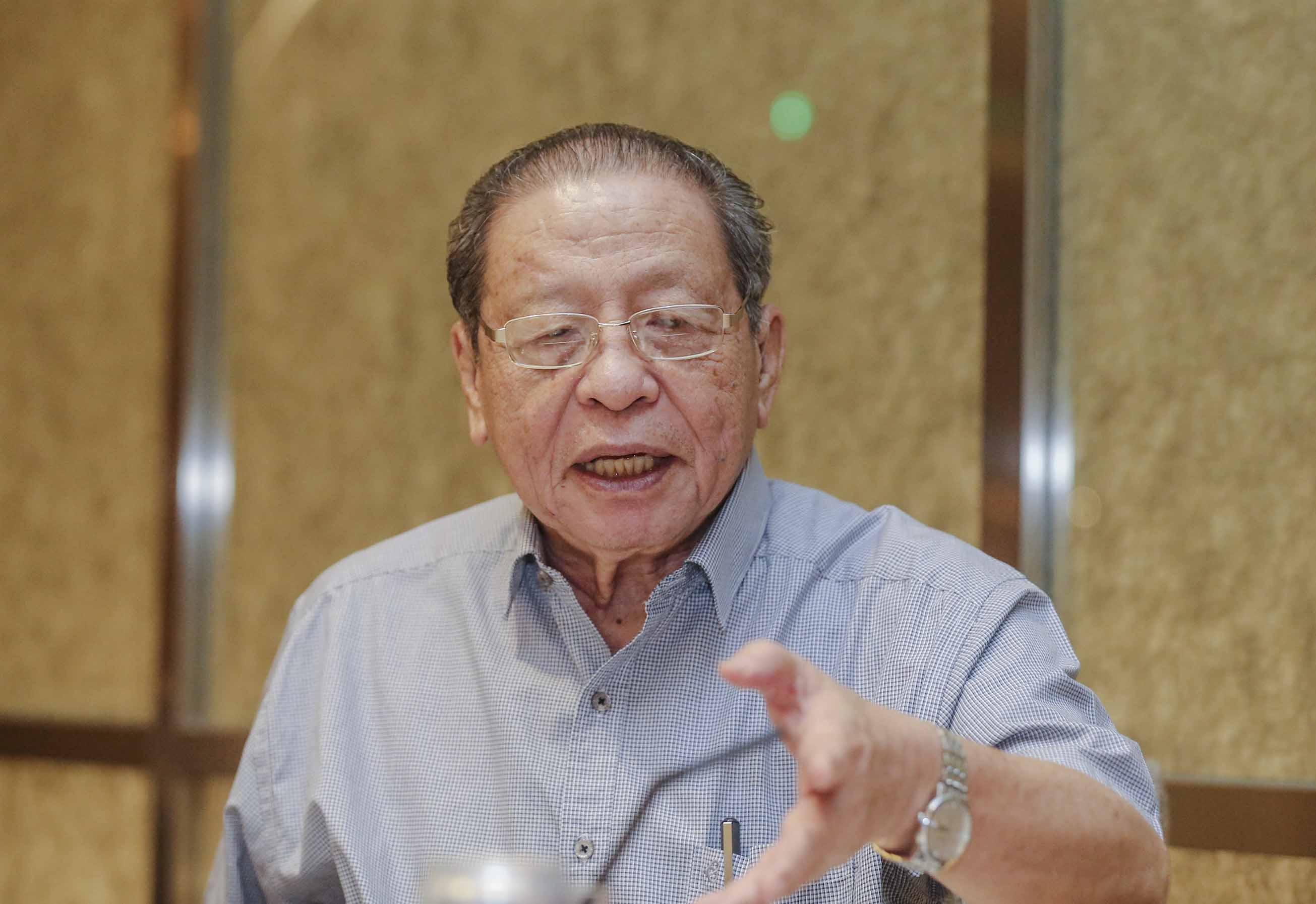KUALA LUMPUR, Dec 12 — Tun Dr Mahathir Mohamad might not have the right information regarding the effects of local council elections, DAP adviser Lim Kit Siang said today.
The veteran lawmaker sought to assuage concern that the prime minister was falling for the bogey of racial tensions, especially between Malays and ethnic Chinese, would flare up with the restoration of the third vote, which their Pakatan Harapan coalition had promised.
“The Prime Minister Dr Mahathir Mohamad may not have the right information when he said yesterday that local council elections could lead to racial conflict and widen the urban-rural divide.
“The view that the restoration of local council elections would benefit the Chinese at the expense of the Malays ignores the local government restructuring and the process of Malay urbanisation in the past five decades,” Lim said in a statement.
He was responding to Dr Mahathir’s remark earlier this week that reinstating local council elections could lead to racial strife due to different viewpoints among rural and urban communities.
Lim who is Iskandar Puteri MP cited the 2010 census stating that out of the 148 local authorities in Malaysia, Malays made up over half of the population in 132 local councils.
“In the 2020 Census to be held in more than a year’s time, there would be further changes in the racial composition of the demography of the local authorities in favour of the Malays, because of the higher birth rates among the Malays compared to the non-Malays,” he pointed out.
Lim stressed that local council elections, which has been suspended since 1965, is the key to greater unity among Malaysia’s diverse peoples.
“The restoration of the 53-year suspension of local government elections is an important building block not only for democracy but also for plural nation-building in Malaysia.
“Elected local government is to empower citizens with the democratic right to participate in the third tier of democratic governance to take ownership of the decision-making process about their immediate environs — serving as a training ground for citizens in the direct experience of democratic governance at the grassroots level,” he said.
“It has nothing to do whatsoever with the 3Rs of race, religion or rulers, but is concerned with the 3Rs of ‘Rates, Roads and Rubbish’ although the scope of local government responsibility has expanded by leaps and bounds worldwide, such as including community services like libraries and parks, tourism, urban renewal, community health services, accessible transport and pollution control, “ he added.



















